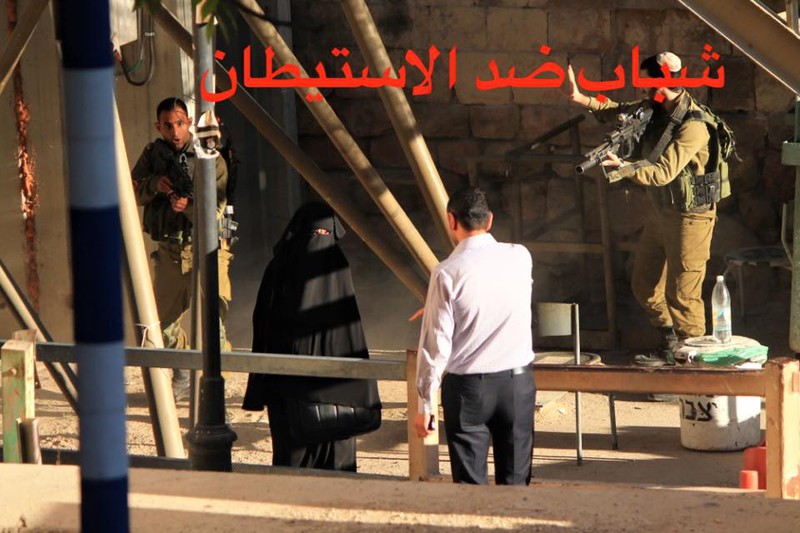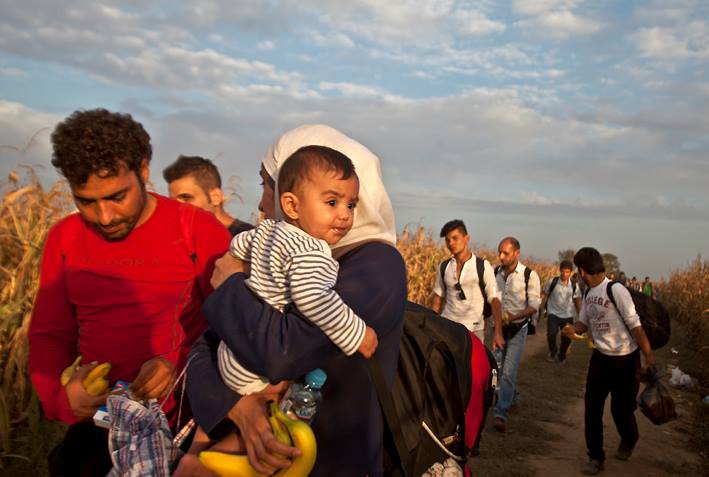-
Israeli Forces Murder Female Student at Shuhada Street Checkpoint: “They could have arrested her so easily but they didn´t.”
22nd September 2015 | International Solidarity Movement, Al-Khalil team | Hebron, occupied Palestine A Witness Recounts the Final Moments of 18-year-old Hadil Salah Hashlamoun’s Life. This morning in the Tel Rumeida section of al-Khalil (Hebron) the sound of multiple rounds of live ammunition screamed out from the Shuhada Street checkpoint 56. Standing at the checkpoint […]
-
Another segment of the journey
22nd September | Caoimhe Butterly | Serbian and Croatian border A few kilometres away from the small Serbian border town of Sid, a dirt track through corn and turnip fields serves as passage to tens of thousands of women, men and children seeking refuge and lives of more possibility. The unofficial border crossing between Serbia and Croatia […]
-
Palestinian teen shot in Hebron by Israeli forces dies from injuries
22nd September 2015 | Ma’an News Agency | Hebron, occupied Palestine A Palestinian teenager shot by Israeli forces at a checkpoint in Hebron died from her injuries on Tuesday, Israeli medical sources said. The teenager, identified as 18-year-old Hadeel al-Hashlamon, was shot three times by Israeli soldiers after allegedly attempting to carry out a stabbing […]
Action Alert An Nabi Saleh Apartheid Wall Arrests BDS Bethlehem Bil'in Cast Lead Demonstration Denial of Entry Ethnic Cleansing Farmers Gaza Global Actions Hebron House Demolition International law Israeli Army Jerusalem Live Ammunition Nablus Ni'lin Prisoner Ramallah Rubber-coated steel bullets Settlement Settlers Settler violence Tear-Gas Canister Video



